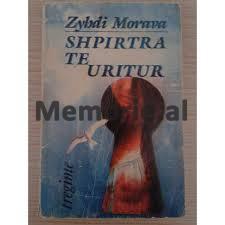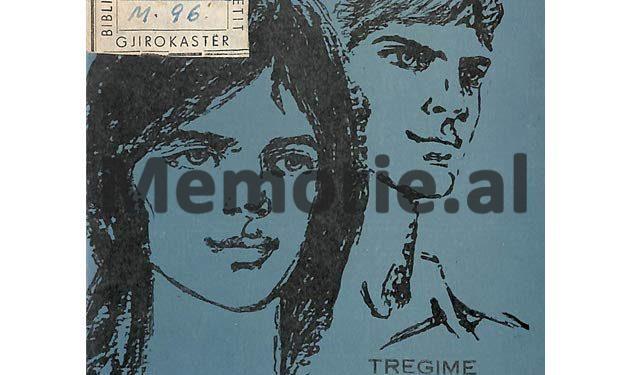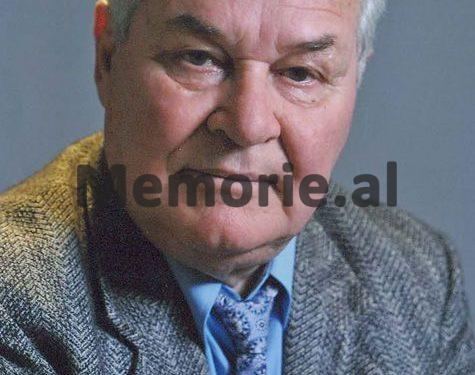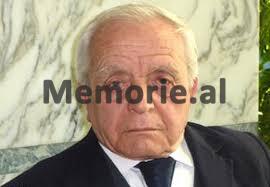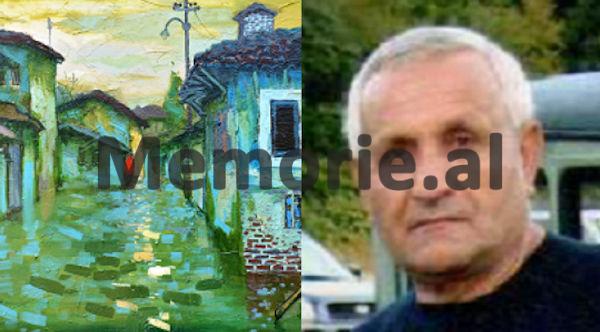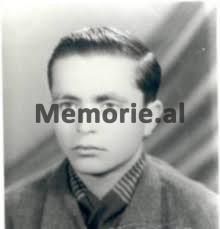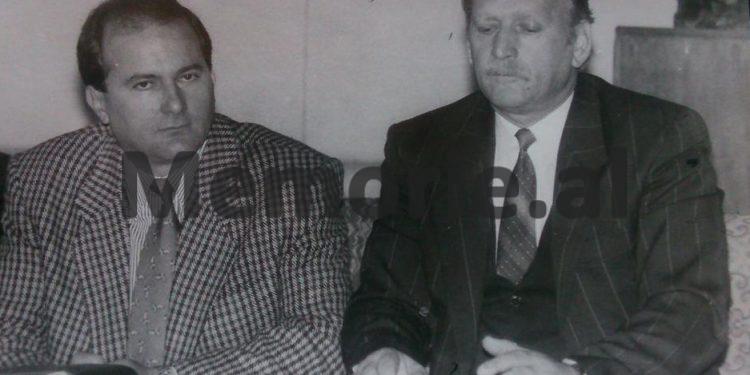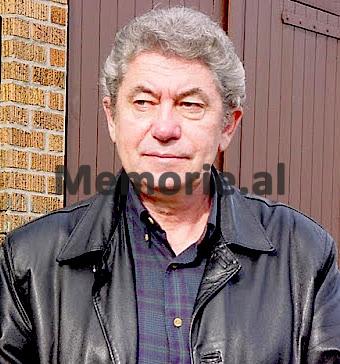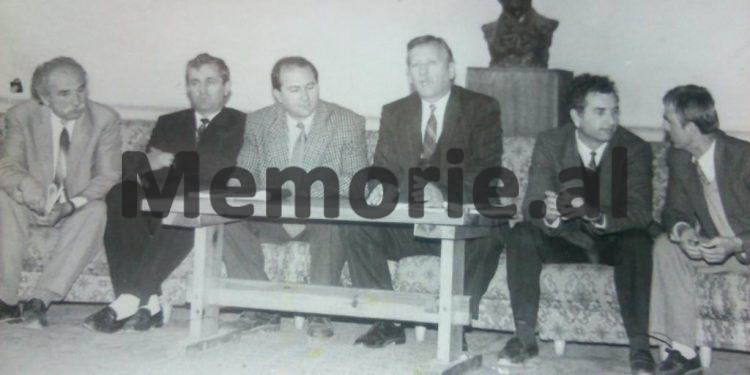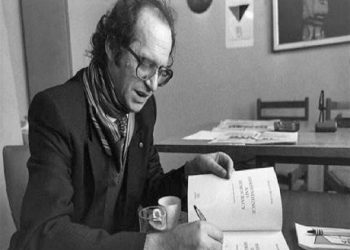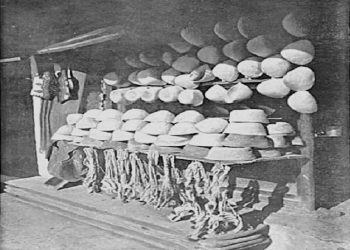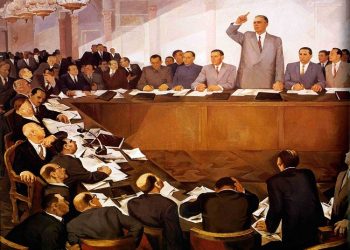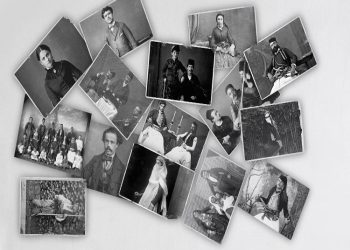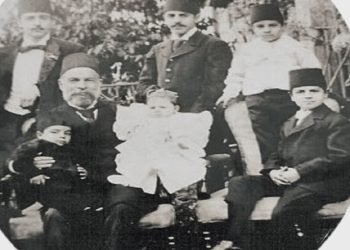Dashnor Kaloçi
Memorie.al publishes the unknown story of Zydi Morava originating from the villages of Korça, whose family had been displaced by difficult economic conditions and had come to Tirana in the early 1950s with the hope of working at the Combine. of Stalin Textiles being built on the outskirts of the capital. Zydi’s passion for books and literature from his childhood and the publication of the first poems at the age of 17 in the newspaper “Puna” when he worked in the city of Elbasan, with the help of poet Ilia Dede. The subsequent acquaintance with a group of young writers in Tirana, headed by Bedri Myftari, including Ahmet Golemi, Roland Gjoza, Kosta Dhamo, Piro Kuqi, etc., who were arrested in 1974 by the State Security, was labeled the “hostile group of young writers” to end prisons and deportations. How they interned Zydi in the village of Yrshek in Tirana, forced to work in the heaviest agricultural jobs, until March 1978, when a “Gaz” of the Tirana Branch stopped them on foot and ” in the name of the people ”he was handcuffed, to be sentenced to 10 years in prison, which he suffered in the camp of Spaç, where, with other associates, poets and writers, Frederik Rreshpja, Visar Zhiti, and Ali Oseku, continued to they also wrote poetry in prison in the larger village.
In 1971, after our group had fallen heavily into the eyes of the State Security, the crackdown on us began and the first to be arrested was Bedri Myftari, who at the time was working as a journalist with “Voice of Youth”, who was also considered the leader of the that was several years older than we were. At the Bedriu trial where we were all called, we were called the “Hostile Group of Young Literary People” and after that, the first measure taken against us was the removal of the right to publish for everyone and our distribution to various countries. As a result of these measures that were taken against us, I was initially taken as a worker on the “Gjergj Dimitrov” farm, and then, by a decision of the Central Commission for Internment and Displacement, I was deported to the village of Yrshek, west of the town. Tirana. After nearly two and a half years of staying in the village where I lived in a semi hut and assigned me to the most difficult of agricultural jobs, on March 4, 1978, as I was crossing one of the streets of that sector, a “Gaz “Of the Interior Branch of Tirana stopped me at my feet and the persons who came down from him put me in the chains” in the name of the people “. This is how he recalled his arrest, Zyhdi Morava, former Chairman of the Albanian Writers and Artists’ Association after the 1990s, and one of the most prolific writers, who recounted the tragic story of his life full of suffering. Dragging, for nearly 20 years, from the canals of the “Gjergj Dimitrov” farm, into the deep, icy caverns of the galleries of Spaç prison, and again the canals with the shovel on its side, labeled “enemy of the people”. But who is Zyhdi Morava and what is his past?
That small inclination for literature
Zydih Morava was born on March 14, 1946, in the village of Gracen, Devolli province, where his family originated. His father Dalipi during the war years was associated with the Anti-Fascist Movement, and though he worked all day on the heaviest agricultural jobs, he could not afford the family life which was mired in deep misery. Due to the poor economic situation and the difficult conditions of the Morava family at that time, Zydih’s father (Dalipi) was able to arrange for him to move out of his village and in 1953 come to Tirana, hoping to work at the Combine. of Stalin Textiles, which was just built. Regarding this, Zydihu said: “Even after we moved out of the village, again in Tirana, our family lived in extremely difficult economic conditions, as we were five children growing up. Situated in these family circumstances and to some extent helping my parents and family, at the age of 17 I was forced to enter the Combine Office where I worked for hours bending over the lathe. Although I had begun work, I did not for one moment part with the press, becoming a problem both in the neighborhood and in the enterprise. But in contrast to these age-old whims, I would spend time and hours reading books, reading Chekhov’s novels, and many other books that I bought or received from my older friends since I had no family inherited none because both mother and father were illiterate. Being crazy about books, when I was no more than 14-15 years old, I started scribbling the first poems and stories in the notebook, but without thinking about publishing them. In 1965-’67, when I was compulsory military service in Elbasan, I managed to publish my first stories and poems in the magazine “10 July” and in the newspaper “Puna”. The publication of those stories and poems that constituted a special event for me was made possible by the kindness shown by Ilia Dede, who was then working as an editor at the Puna newspaper, recalling Zyhdi Morava when he published his first poems and stories.
In the group of young writers
Even after his release from the army, Zydihu had no passion for books and literature, but instead, he continued to write more poetry and various stories, eager to see them published in newspapers or magazines. At that time he approached and met a group of young men who were very passionate about literature. Regarding this, Zyhdiu recalled: “From 1969 I was introduced to and associated with a group of young men aspiring to become writers and poets. These young boys who could not understand their life without literature were: Bedri Myftari who was a journalist at the Voice of Youth, Kostandin Dhamo and Roland Gjoza (a student of Literature), Ahmet Golemi (a teacher of culture), as well as Pirro Kuqi who worked at Misto Mame. With this very passionate young man in literature, I was introduced to and recognized by the Dhamo Rrapi, who at the time headed the literary circle at the Palace of Culture in Tirana. All of us guys in that group shared a lot of similar things, but the most important was the literature that we discussed for hours when we met in cafes or at each other’s homes. The most popular of our group at that time was Bedri Myftari, who worked as a journalist for “Voice of Youth” (the editorial office was in the Central Committee building) and had published the first books with stories and poems, and the rest of us almost we were unknown at all, though we had published it in newspapers or magazines. Often as we walked the hills of the lake and read each other’s poems and exchanged our thoughts in endless discussions on literature, life seemed to us more beautiful. But at that time we neither thought nor knew that every free beauty in dictatorship was destined to be suppressed in its manifestation. and aspired to become famous writers and poets.
Hit by Insurance
But what happened to the group of young writers that Zyhdi joined. Regarding this, he recalled: “Our group at that time had neither any kind of political intent nor had we ever thought of going against the communist regime. But unintentionally as young and rebellious in spirit, we aspired and yearned to write out of time frames and clichés, which at the time was a heresy and a grave sin. It was precisely these trends that made our group stand out and be followed by State Security. At that time, the Security People were very impressed with the conjectures: what is this group of young people, why do they always stick together, what are their goals and what are their goals ?! Soon thereafter, it was not long before 1971 that the State Security decided to strike our group and the first to be arrested and brought to trial was Bedri Myftari, whom they called “Group Leader”. During the court hearings, we were also called to be his closest friends and called there a “hostile group of young writers”, which meant a warning that we were also targeted. arrested soon. After the trial, Badri Myftari was sentenced to six years in prison, and the first measure taken against us was the deprivation of the right to publish and distribute as a group. So under these measures, Roland Gjoza, who was an excellent student, was assigned to work in the Puka district, Kostandin Dhamon was taken as a soldier, I was removed from the Combine Office and sent to a worker at the farm “Gjergj Dimitrov”, Zyhdi recalls. Morava hit the “young literary group” that he was part of, which began with the arrest of Bedri Myftari, who was regarded as the leader of the group since he was a few years older than others and worked as a journalist at Voice of Youth”.
Arrest and jail in Spaç
As was thought by members of the group of young writers, State Security would not only suffice with the arrest of Bedri Myftari but then Zyhdi Morava, Pirro Kuqi and Ahmet Golemi would have the same fate. Related to this Zyhdiu recalled: “After the trial of Bedri Myftari, from the farm“ Gjergj Dimitrov ”where I was taken, after a decision of the Central Commission of Internment and Expulsion, I was interned for 5 years in the village of Yrshek, Tirana. There I was allowed to live in a half-ruined hut and was assigned to the heaviest agricultural jobs. During that internship period, although I was not allowed to publish and therefore had no hope of it, in the evenings when I was too tired to work, I constantly wrote various stories and poems. At the time, I also wrote a novel that I, unfortunately, couldn’t save. When I was in Yrshek, seeing myself in that miserable state that surrounded me and the other villagers who lived there, I first became aware and began to think that the system was a real savage. I had no habit of talking to others about the Communist regime because I knew where I was. But even though I remained in my deep silence, the State Security did not comfort me and arrested me on March 14, 1978, two and a half years after my internment. My arrest was made while walking on one of the streets of the sector, where an Inner Branch “Gas” stopped me at my feet and the persons descending from it shackled me after communicating that it was “in the name of the people.” “. I was more or less prepared for the arrest, that some time ago one of my friends informed me that I could be arrested and advised that if I had any compromising material in the apartment, I would do well to remove it. So I was forced to burn almost all of the manuscripts I had kept for years. After being arrested, I was sent to the Tirana investigation (rep 313) and after four months I was tried and sentenced to eight years in prison for “agitation and propaganda against popular power”, where witnesses came to me with some villagers serving State Security… Following my conviction, on August 10 of that year, I was sent to Spaç prison where I remained until November 15, 1982, the day on which I was released from the amnesty granted to political prisoners. While serving my prison sentence, though I worked on the most difficult fronts in Spaç’s galleries, I secretly wrote poems and stories, though I knew that if I was caught I would be reunited for another 10 years. In that state so exhausted by the exhilarating fatigue, the hunger of the cold, I often found time with my friends: Visar Zhiti, Ali Oseku, and Frederick Reshpja discussing what gave us the most, literature. Prison has a positive effect on character strengthening, whereas freedom affects the opposite because it exerts greater pressure and affects character degradation. If in the first case, being isolated in a small space, away from the daily interests of life and observing thousands of eyes, it makes you control yourself, and in the second case, in the face of the many interests of life, the economic needs, and career goals, the former prisoner begins to be deformed and oppressed by the pressure of freedom and drag on the demands of daily necessity. So I feel a bit of confusion when I see that many in the media take on the role of a hero. I think there are no heroes, but there are people who try to work for good as there are people who are oppressed by evil, ”concludes his definition of prison and deportation co-defendants Zyhdi Morava.
Literary Creativity
After leaving prison in 1982, Zyhdi returned to his family in Tirana and began his most arduous work: loading and unloading wood at the Railway Station, harvesting grass in the village of Yzberish, guarding horse stables and so on. During those years, though he had no hope of publishing a poem or story, he continued to write. It was only in September 1982, with the help of Bardhyl Londo, that he managed to publish a story (entitled “About Eliza”) in the newspaper “Drita”. In the 1990s, when movements for the overthrow of the communist regime began, Zyhdi joined the Independent Trade Unions and then as editor and journalist for the Syndicalist newspaper and for one year ran the Truth newspaper of the Syndicate. From 1995 to 2000, he served as spokesman for the Municipality of Tirana, and for two years was elected Secretary of Literature at the League of Albanian Writers and Artists and then for several years as its chairman. From 1991 until his death in 2010, Zyhdiu managed to publish 21 books, being one of the most prolific writers./Memorie.al





